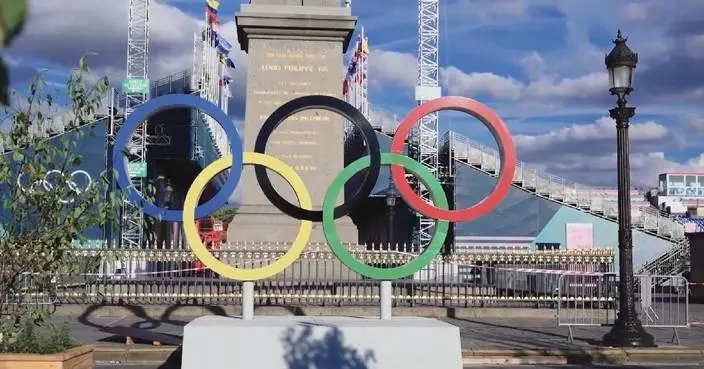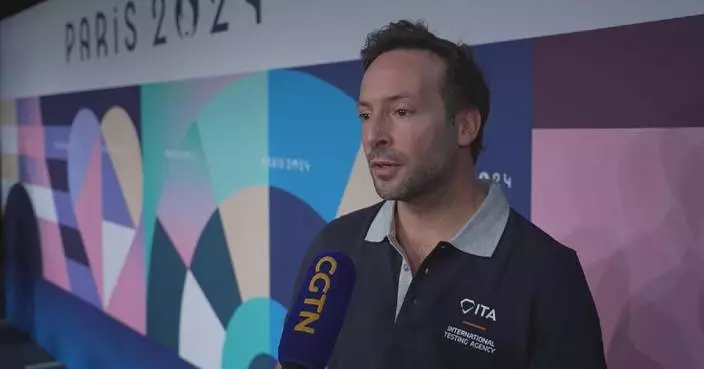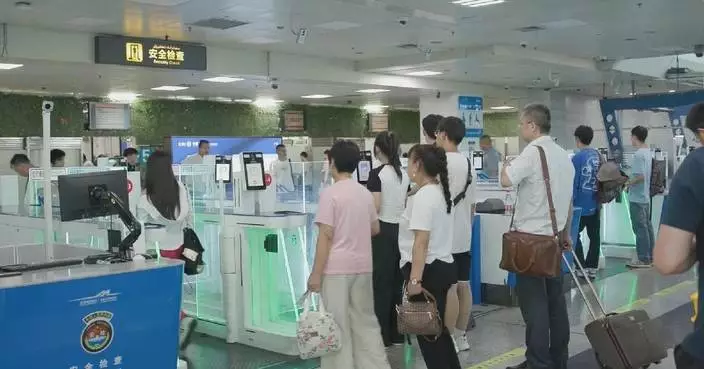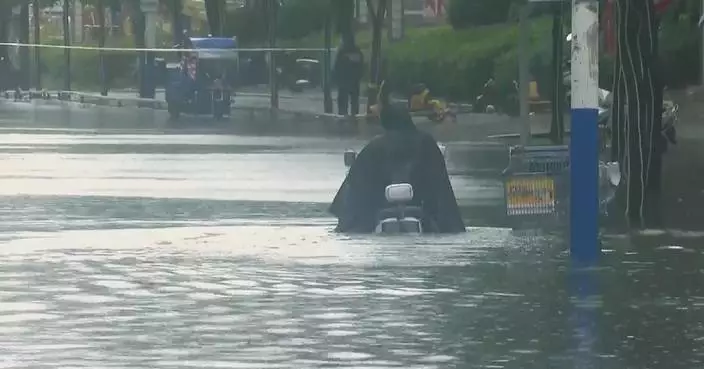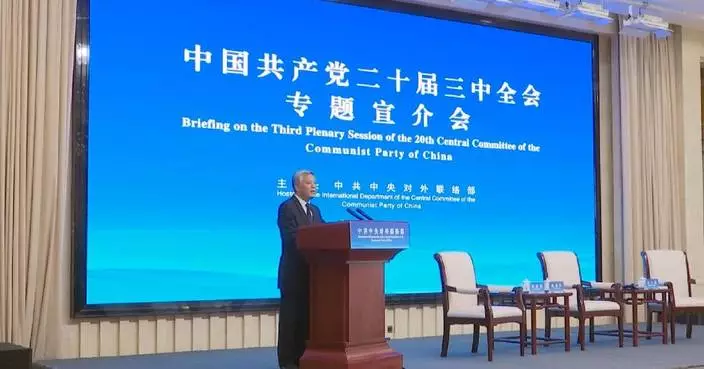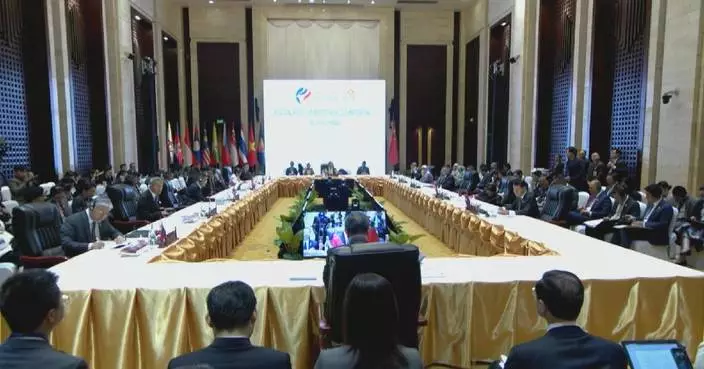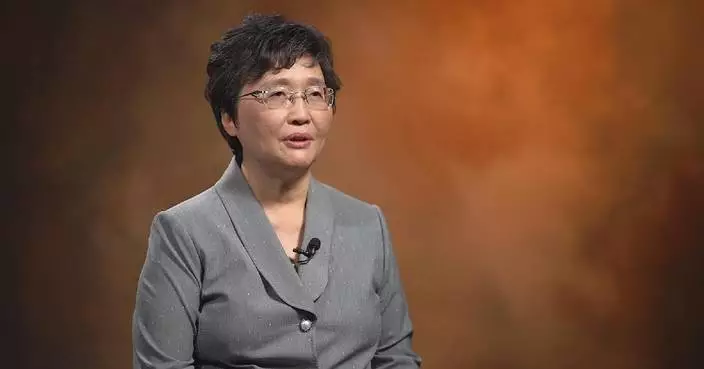Chinese Ambassador to the United States Xie Feng has dismissed the U.S. allegation of China's "industrial overcapacity," saying the problem is "over-anxiety."
Speaking at the opening ceremony of the Harvard Kennedy School China Conference 2024 on Saturday, Xie said that global green capacity is in dire scarcity.
He also said that setting green trade barriers would only increase the costs for low-carbon transition, and also slow down the global development of clean energy.
"To combat climate change, resources across the world should be fully mobilized. Globally, green capacity is not excessive, but in dire scarcity. The problem now is not 'overcapacity,' but 'over-anxiety.' Calling for stronger climate response on one hand, but erecting green trade barriers on the other would only raise the costs for one's own low-carbon transition, and also slow down the global development of clean energy. Global public goods offered by China including the BRI are open to all sides. We are willing to coordinate with the United States and jointly explore third-party market cooperation. Will the U.S. side also welcome China to be part of its multilateral initiatives?" said Xie.
Xie called for cooperation in a turbulent world.
China focuses on achieving Chinese modernization at home and forges a community with a shared future for mankind abroad, Xie said.
"The world is again at a crossroads, all countries are in the same boat. Amidst the raging torrents, we need to pull together, not pull apart. China's choice is clear and firm: At home, we'll focus on achieving Chinese modernization. Internationally, we'll forge a community with a shared future for mankind. The world will be better only when all get better. Modernization should not make the rich richer and the poor poorer in China and globally alike. No country should be left behind in the process of global modernization," said Xie.
According to the International Renewable Energy Agency (IRENA), renewables accounted for 43 percent of the global installed power capacity by the end of 2023. Solar and wind power were the two leading the growth of renewable energy capacity.
However, the current status is still far from the COP 28 target, which is for the installed renewable power capacity to reach 11 terawatts by 2030 to help contain global warming. That means the world needs 1,000 more gigawatts of renewable capacity each year for the rest of this decade.

Chinese ambassador rejects overcapacity allegation
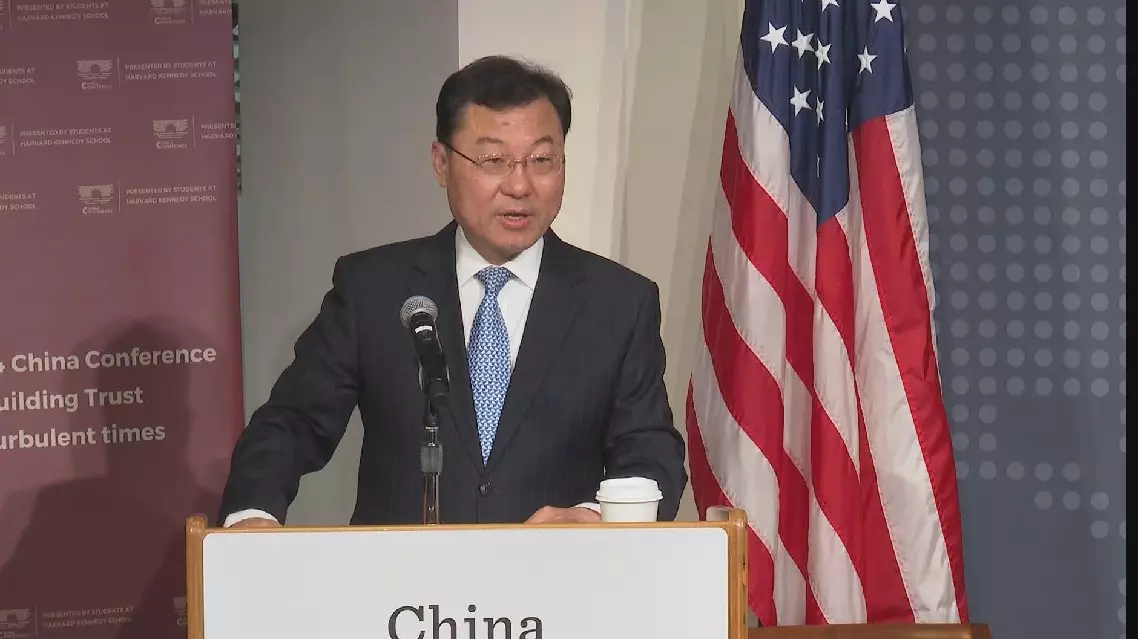
Chinese ambassador rejects overcapacity allegation

Chinese ambassador rejects overcapacity allegation
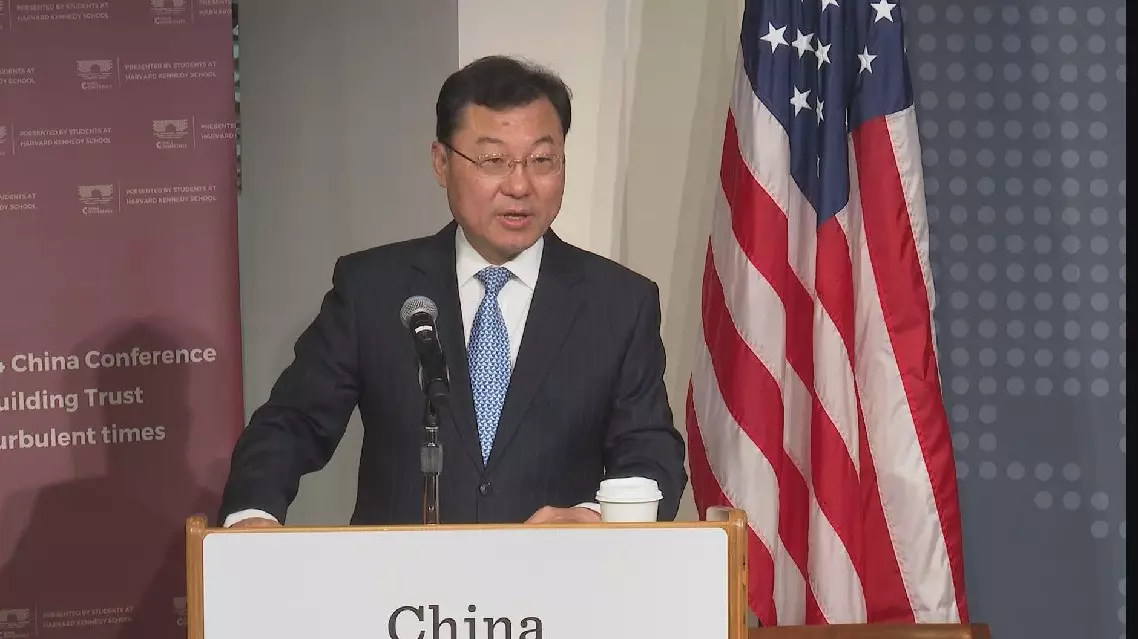
Chinese ambassador rejects overcapacity allegation



